
Jean Paul Sartre interviews Daniel Cohn-Bendit
A conversation between Jean Paul Sartre and Daniel Cohn-Bendit, held in the midst of the 1968 May events.

A conversation between Jean Paul Sartre and Daniel Cohn-Bendit, held in the midst of the 1968 May events.
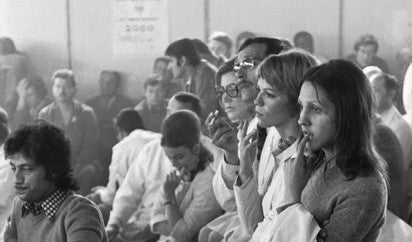
Educated by ’68, workers at the Besançon watch factory developed a transformative workplace democracy. For female employees, a new working-class feminism was vital in the fight against sexual harassment and the patriarchal union structures of the era.
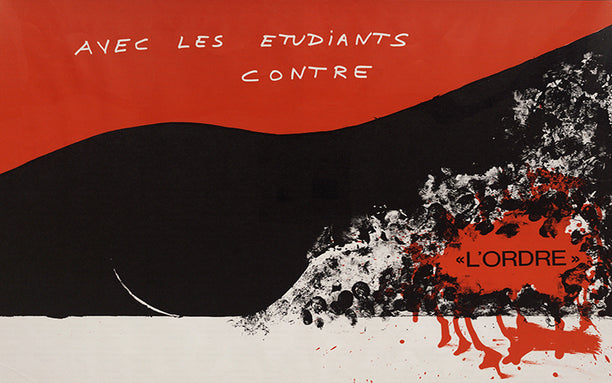
Activist posters from 1968 movements around the world, to commemorate the 50th anniversary of the uprisings.
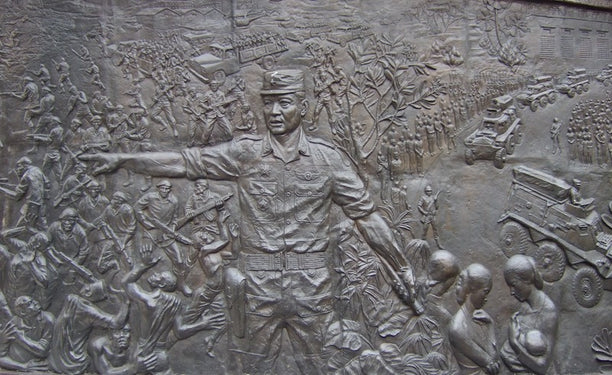
In 1968, Suharto's authoritarian New Order regime obliterated the Indonesian Communist Party's efforts to rebuild after the 1965 massacre.
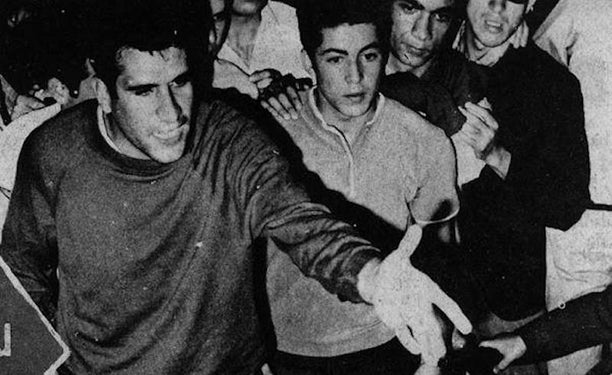
Turkey's 1968 generation presents an interesting case, not only because the country was undergoing a major transformation, but also because it was a devout NATO ally neighboring the Soviet Union during the Cold War era.
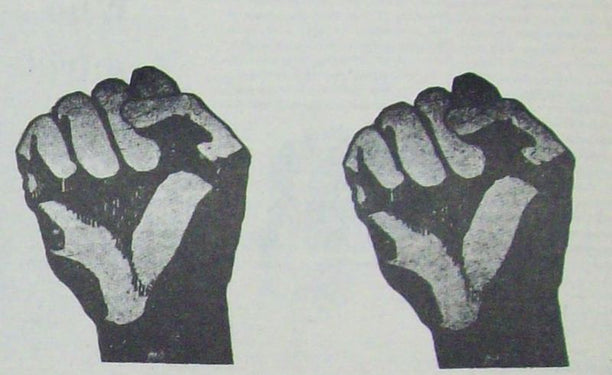
The experiences of 1968 show us that it is possible to organize against racism as part of the structure of American capitalism — and to join together projects of street protest, popular education, workplace struggle, and political organization.
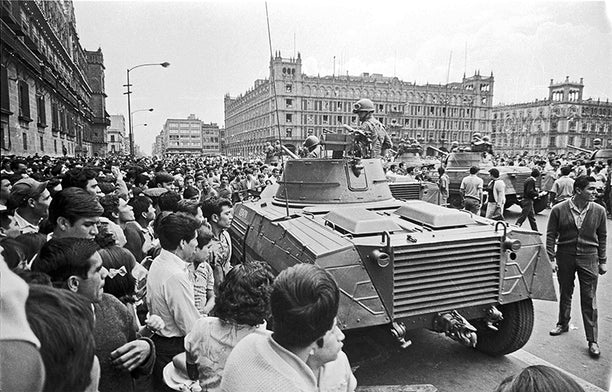
On the 50th anniversary of 1968, we present a collection of images from around the world captured during the global uprisings.
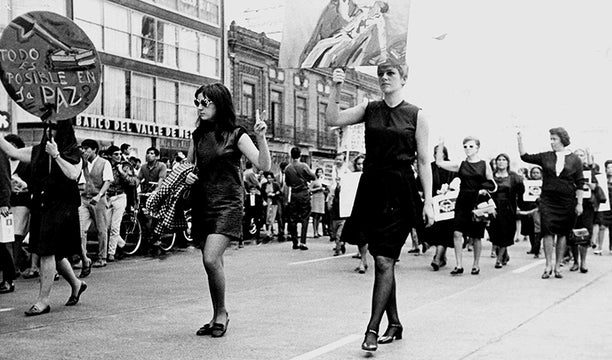
On the 50th anniversary of the global uprisings of 1968, we present a reading list to inspire the continued fight for freedom.
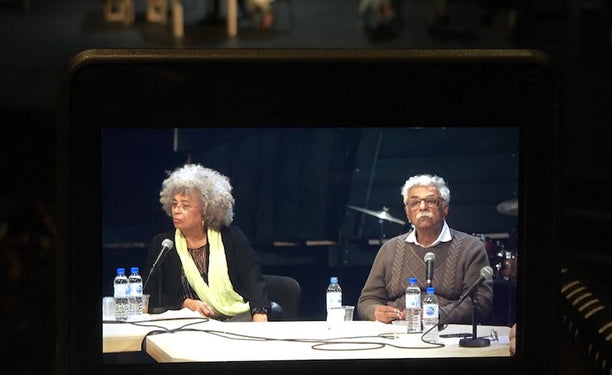
Tariq Ali and Angela Davis discuss the internationalist solidarity that animated the movements of 1968 around the world.
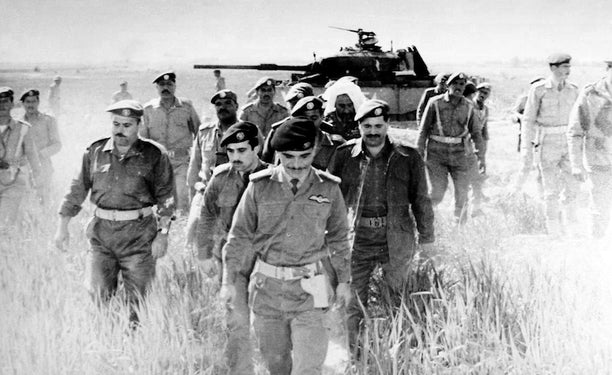
1968 saw the first military victory for armed Palestinian forces against the Israeli army.

Marjorie Murphy looks at the often fraught relationship between rank-and-file public school teacher militancy and the urban uprisings of the late 1960s and early 70s.
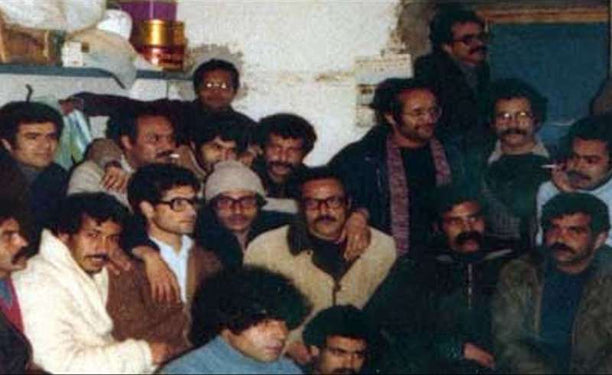
Two months before May 68 in Paris, the student far Left in Tunisia revolted against Habib Bourguiba’s post-independence régime.